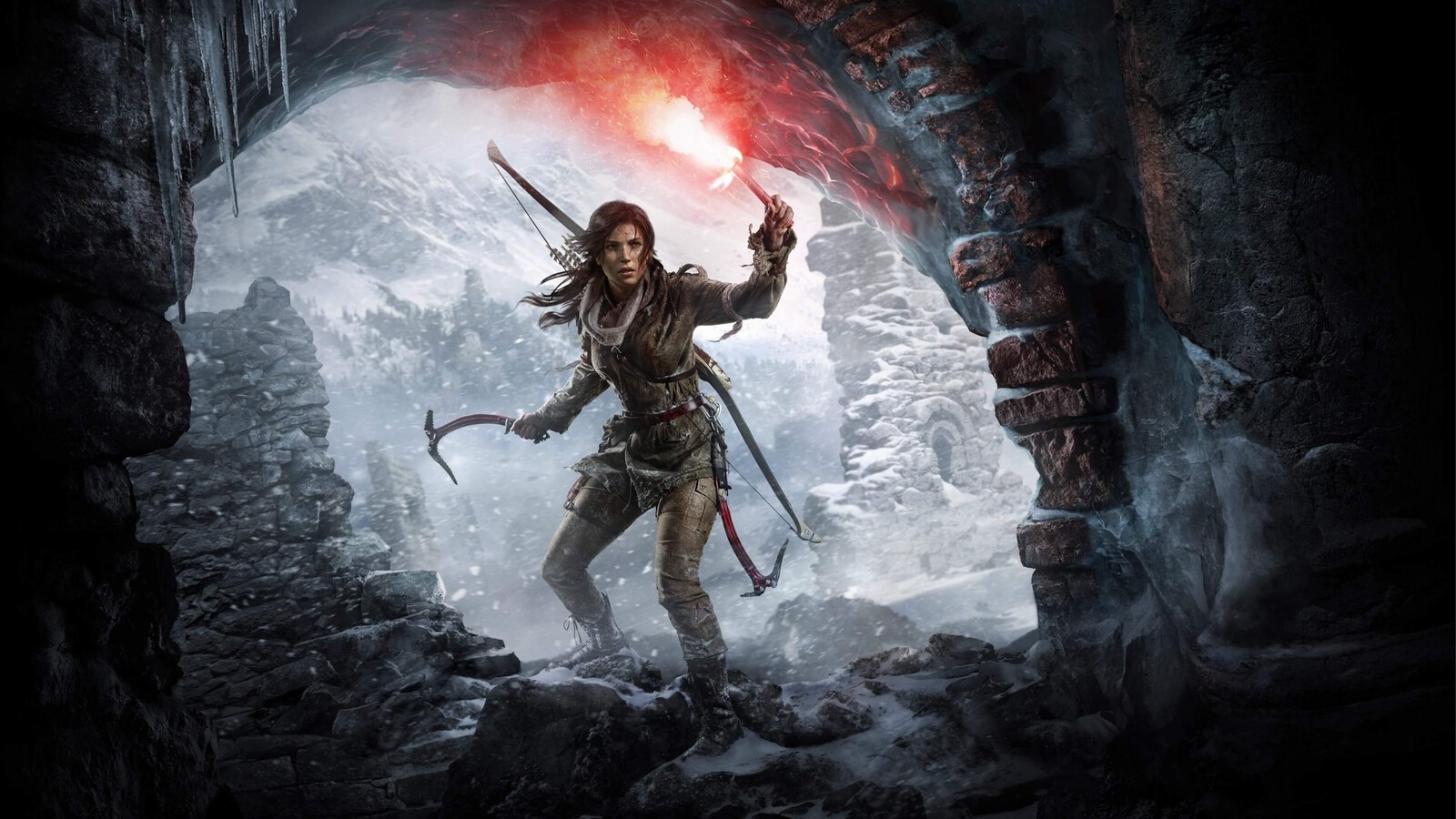Françoise Cadol, best known as the French voice of Lara Croft in multiple Tomb Raider games and the official French dub of Angelina Jolie in the films, has formally accused Aspyr of using artificial intelligence to replicate her voice in the recent Tomb Raider I–III Remastered collection—without her permission.
The dispute came to light after devoted fans noticed something unusual in the audio following the release of Patch 2 for the remastered compilation, issued on August 14, 2025. The update restored dialogue lines from Tomb Raider: The Last Revelation, Chronicles, and The Angel of Darkness. But sharp-eared players began pointing out that the new recordings sounded eerily close to Cadol’s original performances, yet not quite authentic.
“I call them the guardians of the voices,” Cadol told French newspaper Le Parisien in an interview published September 10. “They quickly realized Lara’s voice in the new edition wasn’t mine. It caused a real uproar within the community.”
Allegations of AI Voice Replication
Cadol and her lawyer, intellectual property specialist Jonathan Elkaim, believe Aspyr used AI tools to synthesize her voice rather than bringing her back to re-record the lines.
According to Elkaim, the differences are obvious: “You immediately notice the artificial voice has a very strong metallic impact. It’s chopped, without natural intonation.”
He argued that it’s not only an artistic violation but also a consumer issue. “It misleads buyers into thinking the original actress participated when she did not,” he said.
Cadol herself called the move a “betrayal” of her work and a “total disrespect” toward the long-standing fan base.
The Formal Notice Against Aspyr
In response, Cadol and Elkaim have sent Aspyr a formal legal notice. Their demands are serious: they want sales of the compilation halted and full documentation on how many copies have been sold with the disputed content.
“Aspyr has been informed,” Elkaim told Le Parisien. “It’s up to them to respond quickly enough so they can stop sales.”
For now, Aspyr has not issued a public statement, leaving both fans and the wider industry watching closely for the next move.
A Growing Industry Controversy
The case touches on a larger debate already simmering in entertainment: the use of AI to mimic actors’ likenesses and voices without permission.
In gaming, where franchises often revisit classic titles for remasters or remakes, the temptation to generate performances through AI rather than re-hiring actors can be strong. But the practice raises thorny questions about ownership, rights, and authenticity.
Hollywood has been wrestling with similar issues. Last year’s SAG-AFTRA strike centered, in part, on the unauthorized use of AI-generated voices and likenesses. For voice actors, whose craft depends on subtlety, tone, and lived interpretation, the threat of being replaced by a machine version of themselves is particularly unsettling.
Cadol’s complaint marks one of the first high-profile cases in the French games industry where an established performer has formally challenged a publisher over alleged AI voice use.
Why It Matters to Fans
For long-time Tomb Raider players, the controversy cuts deeper than technical or legal concerns. Cadol’s voice is inseparable from Lara Croft’s identity in the French versions of the games and films. Fans who grew up with her performance feel the emotional core of the character is lost when replaced by synthetic speech.
Cadol acknowledges this connection. “The least they could have done was inform players that the voice they’re hearing isn’t mine,” she said. For her, the lack of transparency is as damaging as the act itself.
What Happens Next
The ball is now in Aspyr’s court. The company must decide whether to fight the accusation, negotiate a settlement, or pull the remastered collection entirely until the matter is resolved.
Whatever the outcome, the dispute underscores a pivotal moment for the industry. AI may offer speed and cost savings, but if it undermines the trust of performers and players alike, publishers could face far more than just legal headaches—they risk eroding the very loyalty that keeps iconic franchises alive.
For Françoise Cadol, it’s not just about contracts or paychecks. It’s about protecting the integrity of a character she has embodied for decades, and making sure the human voice behind Lara Croft isn’t quietly replaced by an algorithm.











